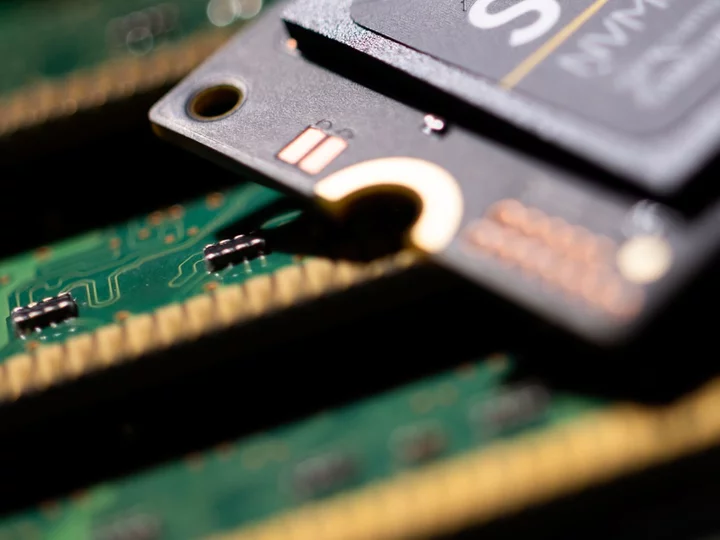
Chinese Chipmaker Asks Suppliers to Buy Back Banned Gear
Global chipmaking gear makers should treat Yangtze Memory Technologies Co. with fairness and buy back equipment which the
1970-01-01 08:00
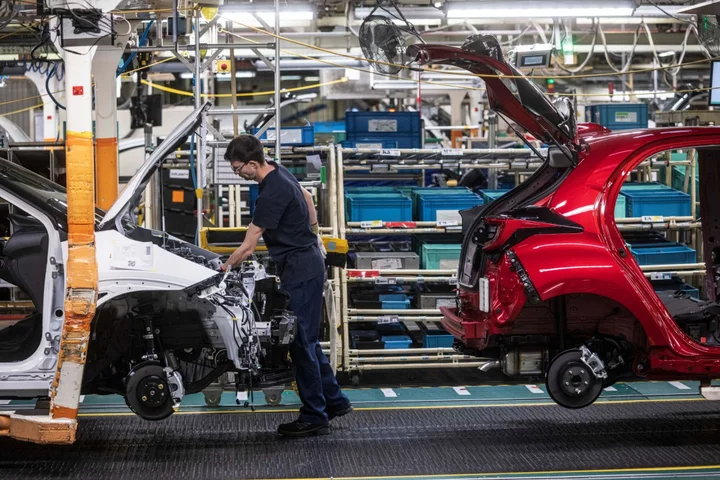
Toyota’s Output Hits Monthly Record for May After 35% Jump
Toyota Motor Corp. said its global output last month soared 35% from a year earlier to a May
1970-01-01 08:00
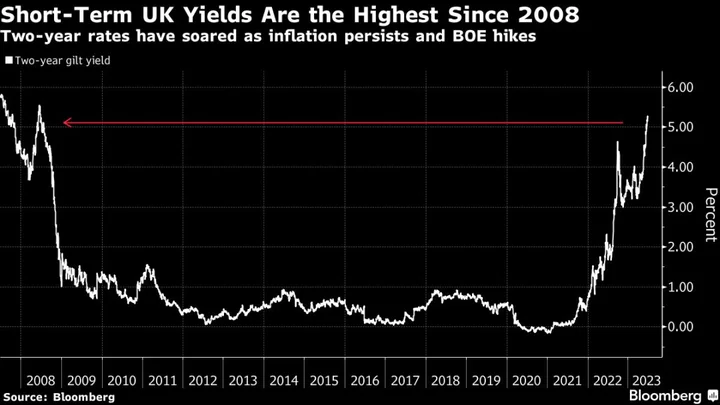
UK Bond Trading Is Surging as Wealthy Brits Grab Tax-Free Gilts
Wealthy UK investors are buying up gilts at a frenetic pace to take advantage of tax perks and
1970-01-01 08:00
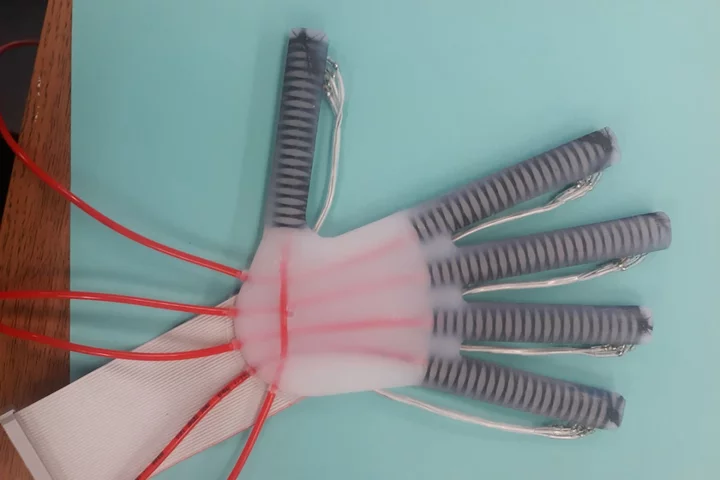
Smart gloves ‘could allow stroke patients to relearn to play the piano’
Scientists have developed a pair of smart gloves that could allow stroke patients with limb weakness to relearn to play the piano. The exoskeleton glove uses artificial intelligence, moving components known as actuators, and touch sensors in a way that could help patients relearn manual tasks after losing or showing a reduced ability to move hands, fingers, or wrists. The researchers said their proof-of-concept gloves “teaches” its wearer to play the piano by “feeling” the difference between right and wrong movements. We found that the glove can learn to distinguish between correct and incorrect piano play Dr Erik Engeberg Dr Erik Engeberg, a professor at Florida Atlantic University’s department of ocean & mechanical engineering, in the US, said: “We found that the glove can learn to distinguish between correct and incorrect piano play. “This means it could be a valuable tool for personalised rehabilitation of people who wish to relearn to play music.” It is estimated that there are 1.2 million stroke survivors in the UK today. Stroke is a leading cause of disability, with almost two thirds of survivors leaving hospital with limb weakness, visual problems, and language and communication problems. The glove is designed to assist and enhance their natural hand movements, allowing them to control the flexion and extension of their fingers Dr Erik Engeberg For the study, published in Frontiers in Robotics and AI, a team of engineers designed a pair of exoskeleton gloves that uses actuators to mimic natural hand movements. Each fingertip contains 16 sensors that allows the wearer to feel the objects they touch. Prof Engeberg said: “While wearing the glove, human users have control over the movement of each finger to a significant extent. “The glove is designed to assist and enhance their natural hand movements, allowing them to control the flexion and extension of their fingers. “The glove supplies hand guidance, providing support and amplifying dexterity.” As part of the experiments, the gloves were taught to play the nursery rhyme “Mary had a little lamb” on the piano on its own using pre-programmed movements. When a person wore the gloves to play the piano, it was able to detect where the wearer went wrong in their movements, enabling them to “understand their performance and make improvements”. The economic burden on health and social care in this country demands innovative approaches to treatment and care, which have the potential to reduce the devastating effects of stroke Juliet Bouverie, Stroke Association The researchers said further work is needed to improve the accuracy of the device and make it more adaptable. But they hope that in future, stroke patients and other people with disabilities could use these gloves to regain arm function. Commenting on the work, Juliet Bouverie, chief executive of the Stroke Association said: “It’s an exciting time for technology in stroke research. “We welcome studies which look at creating effective tools for improving recovery after stroke. “The economic burden on health and social care in this country demands innovative approaches to treatment and care, which have the potential to reduce the devastating effects of stroke.” She added: “We hope the results of this research will help build on our current understanding to bring about effective treatments to help rebuild lives after stroke.” Read More Charity boss speaks out over ‘traumatic’ encounter with royal aide Ukraine war’s heaviest fight rages in east - follow live The different types of public EV chargers explained Emergency number back in use after nationwide technical fault Windrush trolls taken down after public criticism
1970-01-01 08:00

Carmaker Lobbying Group Pushes Back on EPA Pollution Curb Plan
The Biden administration’s proposal to crack down on vehicle pollution with strict new tailpipe emission limits isn’t reasonable
1970-01-01 08:00
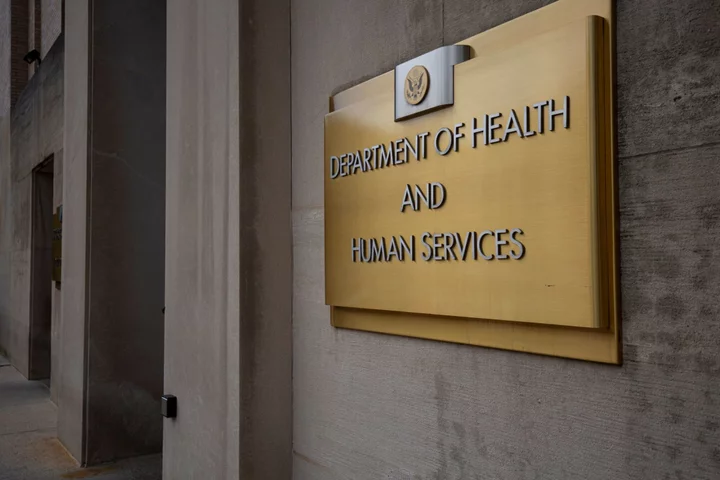
US Health Department Ensnared by MOVEit Hacking Campaign
The US Department of Health and Human Services was ensnared by a sweeping hacking campaign that exploited a
1970-01-01 08:00
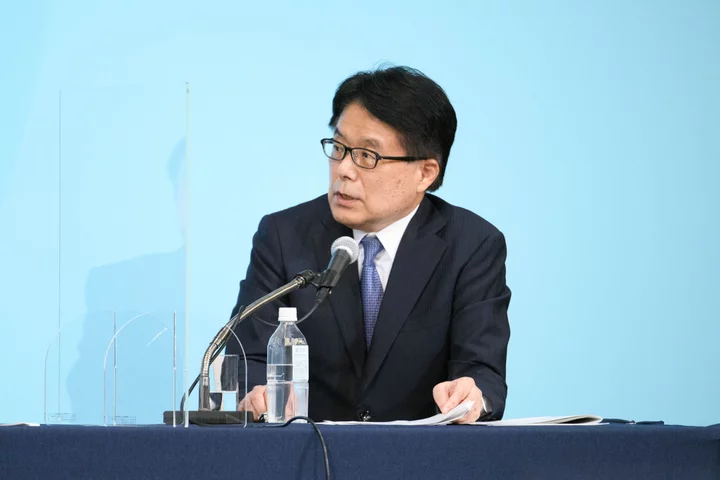
Rakuten Shares Split From Japan Rally on Dilution, Debt Concerns
Shares of Rakuten Group Inc. have tumbled in recent weeks, splitting ways with a surging Japanese equity market,
1970-01-01 08:00
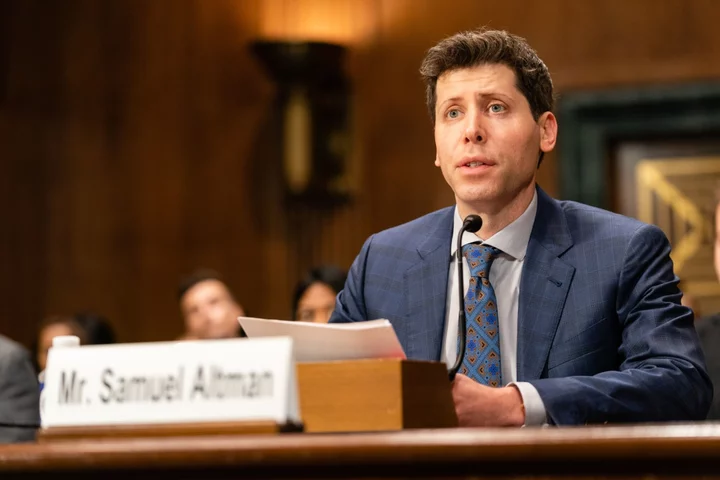
ChatGPT Creator OpenAI Sued for Theft of Private Data in ‘AI Arms Race’
ChatGPT creator OpenAI Inc. is stealing “vast amounts” of personal information to train its artificial intelligence models in
1970-01-01 08:00

Ocado Cuts Prices on 100 Items Amid Food Inflation Scrutiny
Ocado has reduced prices on more than 100 products as the online grocer attempts to win over shoppers
1970-01-01 08:00

Irish GDP Growth to Stall as Pharma Exports Weaken, ESRI Says
Ireland’s economy will grow at a slower pace than previously thought in 2023 due to weakening exports and
1970-01-01 08:00

AI Will Help Fight Against Climate Change, Google’s DeepMind Executive Says
Artificial intelligence has the potential to accelerate world-altering innovations such as “limitless” clean energy and better meteorological models
1970-01-01 08:00
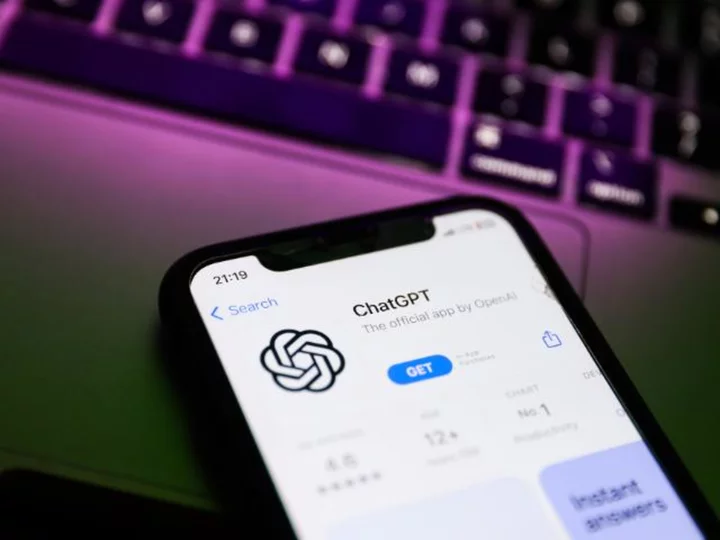
OpenAI, maker of ChatGPT, hit with proposed class action lawsuit alleging it stole people's data
OpenAI, the company behind the viral ChatGPT tool, has been hit with a lawsuit alleging the company stole and misappropriated vast swaths of peoples' data from the internet to train its AI tools.
1970-01-01 08:00
